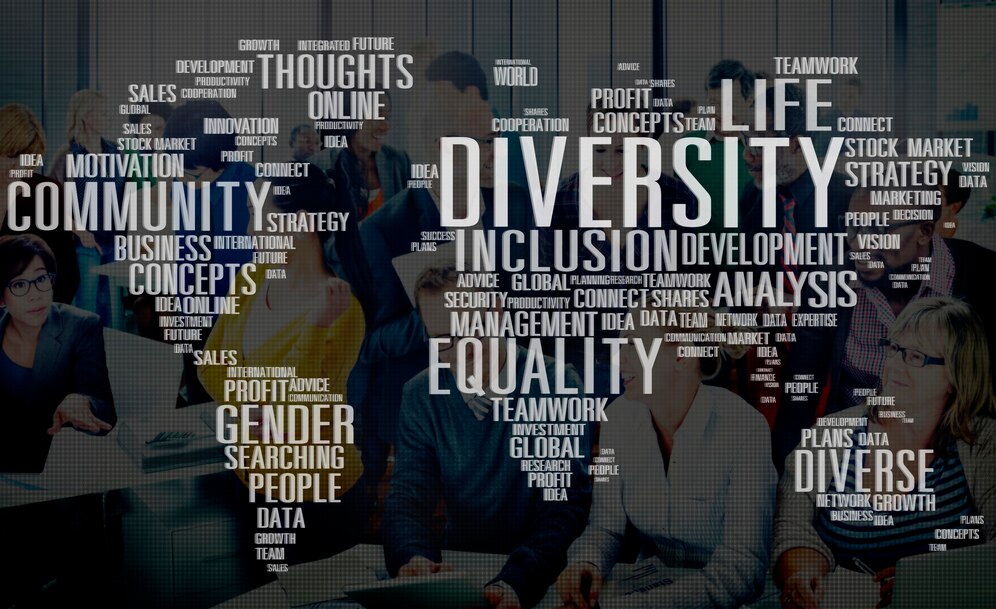An integration of principles based on Diversity, Equity & Inclusion (DEI) is the way forward to embrace an Inclusive Work Environment in 2024. To find a proper fit to the existing landscape, here are a few suggestions.
Broader portrayal in Leadership:
A focussed approach to recruitment, promotions and management development programs could build an organisation’s culture ensuring diversity in leadership positions. In such an environment, the chances of every voice being heard are much greater.
Unbiased Performance Metrics
Make Outcomes and Contributions the parameters to measure performance levels, instead of subjective criteria. This route significantly reduces biases, thereby promising a fair appraisal for all concerned.
Skill building through Training:
Raising awareness about fostering an inclusive culture is the need of the hour. Training and Education programs emphasising cultural competency, impartiality, and inclusive leadership can go a long way in doing so. Employees including HR leaders and all managers should be offered these programs on a regular basis, thus helping them build relevant skills.
Feedback and Coaching:
Conversations are the best form of Communication. Dialogues between managers and employees should be encouraged at every workplace. Managers need to be sensitised to offer feedback without hurting sentiments. It should be done with the objective of fostering growth and development, while taking into account that each individual is different. At the same time, employees need to be assured that their honest feedback would in no way boomerang and affect their appraisals.
Flexible work arrangements:
Today, a ‘flexi’ work environment has become an important parameter, especially for fresh candidates. Remote work options, flexible work hours are some of the diverse needs being commanded. By offering them, not only does an organisation help enhance the employees’ ability to give their best, but very subtly conveys a message that he or she is being cared for.
Inclusive Talent Development Programs
Underrepresented employees such as people of colour, LGBTQ+ people, women and people with disabilities are all to be included in talent development programs to help them further their career graphs. These programs may include sponsorship initiatives, mentorship and stretch assignments that place them in challenging situations, encouraging them to break out of their comfort zones.
Regular DEI Assessments:
From time to time, every organisation needs to measure the effectiveness of their performance management processes that help promote DEI. Employee feedback helps identify areas for improvement, which could then be tweaked to offer more acceptable results.
Responsibility and Transparency:
Every team leader and manager should be held accountable for fostering DEI within their groups. Issues related to DEI need to be addressed at the earliest, while processes reporting progress must be transparent.
Acknowledging positive contributions:
Recognize and reward employees during appraisals for their contribution in promoting DEI at the workplace. Based on these suggestions, offer them opportunities to grow professionally.
Making every employee feel valued, empowered and respected while guiding them towards success should be a part of every organization’s vision. By incorporating all these strategies into their performance management practices, a more inclusive work environment can be created. Not just that, but the dream of catapulting to the number one position on a long list of ‘Employer of Choice’ may not seem so far away anymore!




